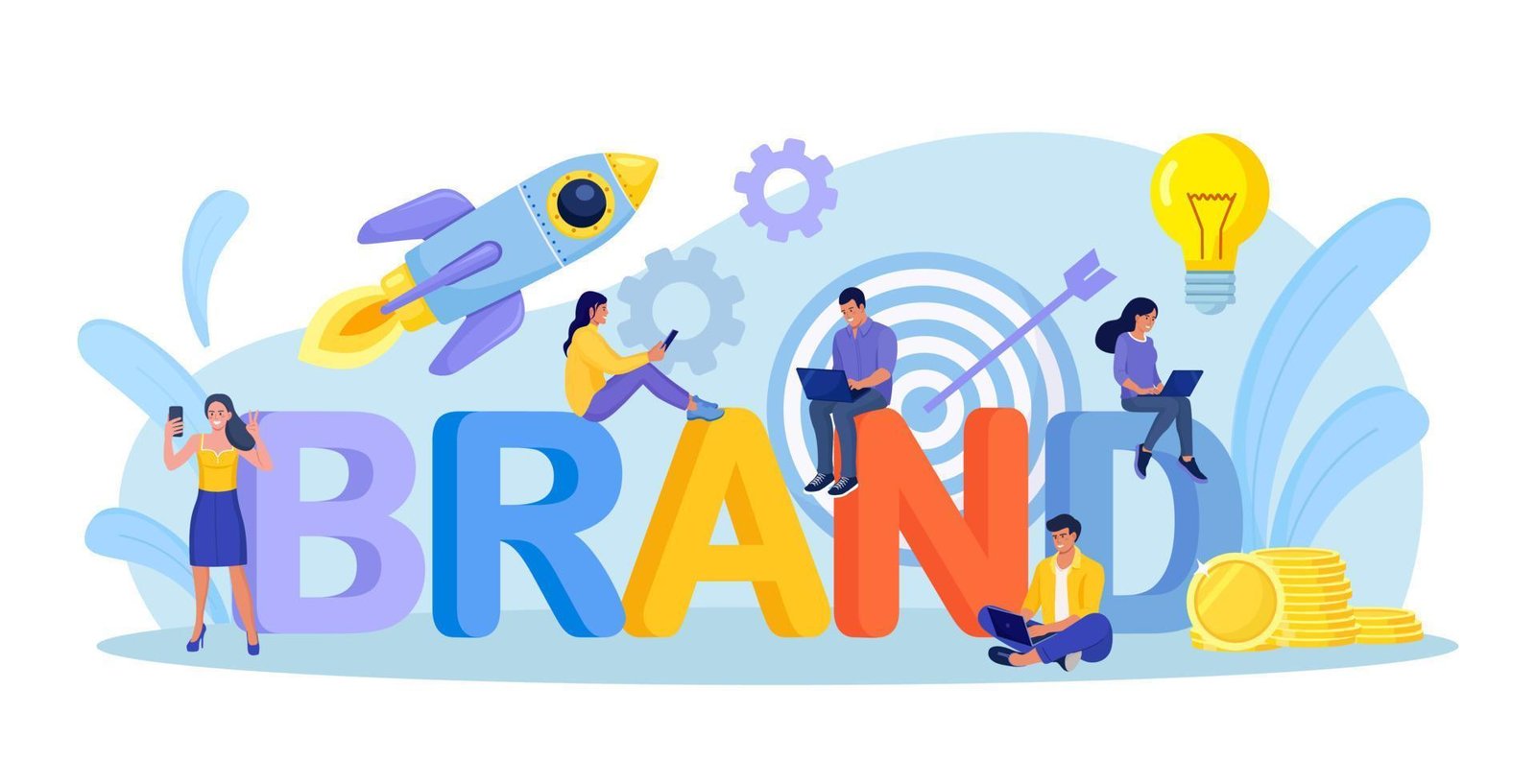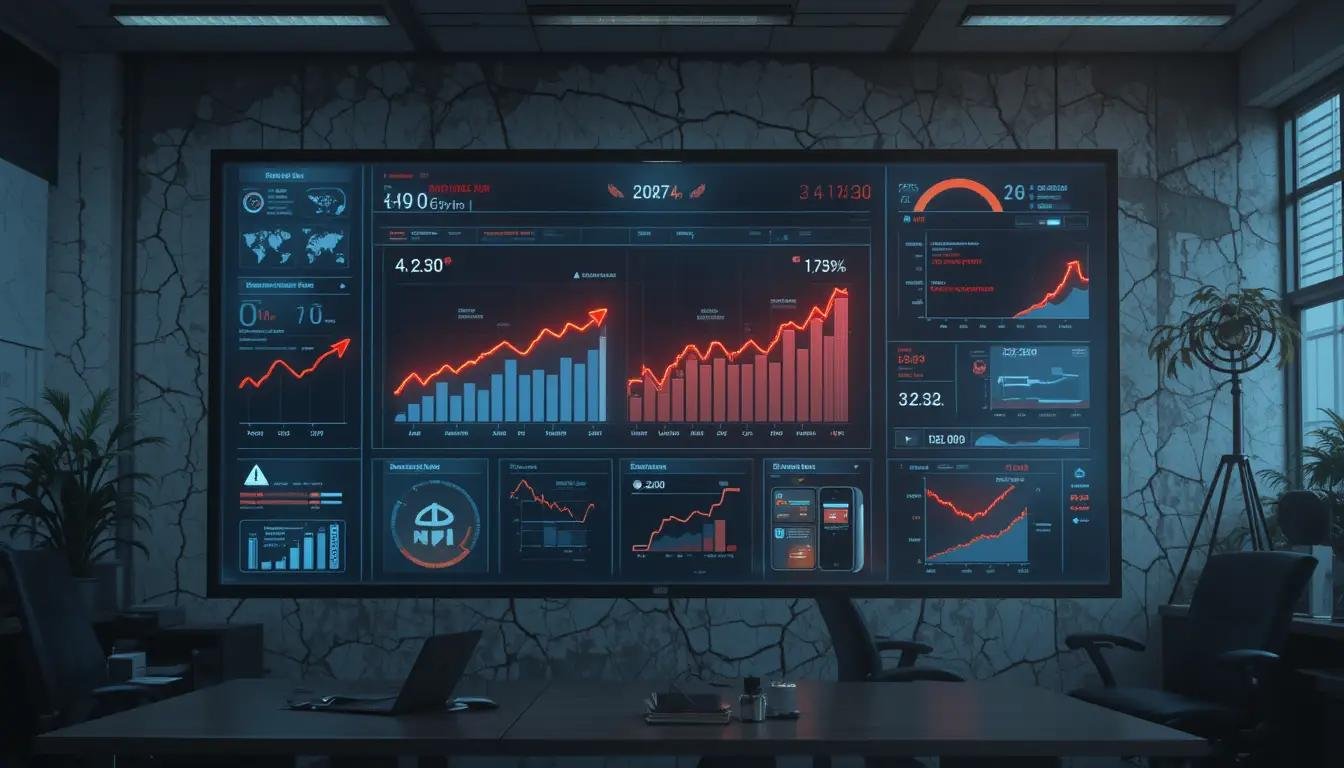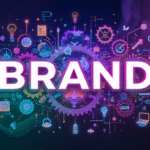Now Reading: Adaptability of Professionalism and Integrity
-
01
Adaptability of Professionalism and Integrity

Adaptability of Professionalism and Integrity
In today’s fast-moving and always-changing world, professionalism and integrity aren’t set in stone. They’re principles that need to change to stay useful and meaningful. The heart of these values stays the same, but how we use and show them needs to be flexible. This helps us deal with the tricky parts of modern workplaces and shifts in society. This article looks at how professionalism and integrity need to adapt. We’ll see why it’s needed how it happens, and what problems and plans come up when trying to keep these values strong as things change around us.
Why Professionalism and Integrity Still Matter
Before we talk about adapting, let’s remember why professionalism and integrity are so important to begin with.
- Professionalism at its core means keeping up skills, know-how sound choices, and politeness that people expect from someone trained for a job. It covers many behaviors and traits such as [Source: 1, 2]:
- Skill and Top Performance: Having the right skills and knowledge to do tasks well and aiming for high standards.
- Trust and Duty: Being someone others can count on owning up to actions, and keeping promises.
- Regard and Good Manners: Showing respect, understanding, and thought to workmates, customers, and partners.
- Clear Talk: Getting ideas across , and in different settings.
- Ethical Conduct: Following ethical rules and guidelines that apply to the job or industry.
- Integrity forms the base of ethical behavior and shows moral soundness, honesty, and strong moral principles. It includes [Source: 3 4]:
- Honesty and Truthfulness: Telling the truth in words and actions, avoiding lies and false claims.
- Moral Courage: Doing what’s right even when it’s hard or others push against it.
- Consistency of Character: Sticking to ethical principles and values in different situations.
- Accountability and Transparency: Taking charge of one’s actions and being open in all dealings.
- Fairness and Justice: Treating all people and standing up for what’s right.
These principles aren’t just ideas floating around; they form the foundation of trust in relationships, organizations, and society. They help create productive work environments, build strong reputations, and make sure people act in all areas of life.
Why We Now Need to Adapt
The need to adapt our professionalism and integrity comes from several big changes happening in our world at the same time:
- Technological Disruption: Quick tech advances are changing industries making new jobs, and killing off others. Professionals must now learn digital skills, work well , and think about ethics in the digital world [Source: 5]. Data privacy, AI ethics, and online behavior test people’s integrity.
- Globalization and Diversity: More global connections and varied workforces mean we need to be sensitive to different cultures, include everyone, and adapt how we work with others. Being honest now means respecting different views and dealing with tricky ethical problems across cultures [Source: 6].
- Evolving Workplace Norms: Old-school top-down workplace structures are making room for flatter, nimbler, and team-based models. What it means to be professional is changing. Now, it’s all about working together, being flexible, and rolling with the punches rather than sticking to outdated rules. To lead with integrity means creating workplaces where everyone feels included and has a fair shot in these new setups.
- Changing Societal Values: Society’s values and what people expect are always shifting. What people thought was professional or ethical before might not cut it today. To keep up, you need to be ready to take a fresh look at the norms, think hard about your own actions, and tweak how you behave at work to match the new ethical standards that are emerging [Source: 7].
- More Eyes and Openness: The digital era has brought about a time of openness and close watching like never before. Social media and online platforms make good and bad actions louder, so being able to change how you act and always doing the right thing are even more important to manage your reputation and keep people’s trust [Source: 8].
Signs of Flexible Work Ethics and Honesty
Being flexible with work ethics and honesty doesn’t mean giving up on core values. It’s about using them in new situations. Here are some key signs:
- Flexibility in Communication: Professional communication now covers many different channels – from emails and instant messaging to video conferencing and social media. Being adaptable in your professionalism means picking the right way to communicate and the best platform for each situation, while staying clear and respectful no matter how you’re communicating [Source: 9]. It also means being open to different ways of communicating across cultures and generations.
- Embracing Lifelong Learning: Fields that change need workers to learn and grow their skills all the time. This shows they’re real pros. Good workers look for new things to learn, want to get better at what they do, and stay interested in new ideas their whole career [Source: 10]. Being honest means admitting what you don’t know and working hard to get better.
- Agility and Problem-Solving: Being a good flexible pro means you can think on your feet and solve problems well. You need to be okay with things not being clear, roll with changes, and come up with new ways to fix things when everything’s moving fast. Being honest matters here too – it means you find new solutions and solve problems in ways that are right and fair.
- Inclusive Leadership and Collaboration: Leaders who can adapt create workplaces that welcome different views and encourage teamwork. Good leaders now need to understand emotions, show empathy, and build trust with diverse groups. Honest leaders treat everyone , share information openly, and make ethical choices that think about how they affect everyone involved [Source: 11].
- Ethical Navigation in New Dilemmas: New tech and changes in society bring up tricky ethical questions. To stay honest while adapting, leaders must be ready to tackle these complex issues, ask for help when they need it, and make good ethical choices even when there’s no clear right answer. This includes problems like bias in AI ethics in data use, and the ethical effects of new technologies [Source: 12].
Challenges to Adaptability
Although adaptability has a crucial role, it also brings up issues when it comes to keeping professional standards and integrity:
- Risk of Values Erosion: Trying to be adaptable might water down core values or lead to ethical compromises for the sake of being flexible. Keeping a strong moral compass is key to make sure adaptability doesn’t turn into a downward spiral [Source: 13].
- Defining Boundaries: Adaptability needs clear limits. It’s crucial to know when to be flexible and when to stand firm on professional or ethical grounds. Drawing these lines can be tough in unclear situations.
- Resistance to Change: People and companies often push back against changing old ideas about being professional and having integrity. They hold on to outdated rules even when these rules don’t work well anymore. To overcome this pushback, we need open talks, learning, and a readiness to see things in new ways.
- Keeping Things Consistent: Being adaptable doesn’t mean being all over the place. While how we show professionalism and integrity might change in different situations, the basic ideas should stay the same. To keep things steady while still being flexible takes careful thinking and knowing yourself well.
- Ethical Wishy-Washiness: Being adaptable shouldn’t lead to thinking ethics can change based on the situation. The main ethical ideas need to stay rooted in values that work for everyone even as we apply them in various settings.
Strategies to Build Flexible Professionalism and Integrity
People and companies can use several approaches to handle the challenge of staying flexible while keeping their professionalism and integrity:
Regular Self-Reflection: To keep getting better, it’s key to look back often on how you act at work and make ethical choices. This means asking for feedback thinking about past actions, and finding ways to grow both and in terms of integrity.
Value-Based Frameworks: Companies should create clear value-based frameworks that spell out key professional and ethical principles. These frameworks give a solid base to navigate change and make flexible decisions while sticking to core values [Source: 14].
Ethical Training and Dialogue: Regular ethics training and open talks about ethical problems in today’s world are key. These efforts help people build ethical reasoning skills and get ready to handle tricky situations with honesty.
Promoting Critical Thinking: Building up critical thinking skills is vital for flexible professionalism and integrity. People need to analyze situations, question what they assume, and make smart choices about how to use professional and ethical principles in new settings.
Embracing Diversity and Inclusion: To promote adaptability, organizations should create diverse and inclusive environments. This exposes people to different viewpoints and ways of thinking. It also improves cultural awareness and prepares workers to handle diverse global workplaces with integrity [Source: 15].
Seeking Mentorship and Guidance: Experienced professionals can offer valuable help in dealing with tricky ethical and professional issues. Mentors can share insights, talk about how they adapted, and support others in developing their moral compass.
Conclusion
The adaptability of professionalism and integrity is not merely a trend but a necessity for thriving in today’s dynamic world. By understanding the forces driving change, embracing flexible approaches, and proactively cultivating these qualities, individuals and organizations can ensure that professionalism and integrity remain powerful forces for good, guiding us through the complexities of the 21st century and beyond. The key is to remember that adaptability is not about compromising on values, but about intelligently and ethically applying them in a world that is constantly in motion.
References
[1] https://www.indeed.com/career-advice/career-development/professionalism-skills
[2] https://www.uwgb.edu/hr/professional-development/what-is-professionalism/
[3] https://plato.stanford.edu/entries/integrity/
[4] https://ethics.org.au/ethics-explained/integrity/
[6] https://www.ohchr.org/en/cultural-diversity
[7] https://www.apa.org/monitor/2017/01/ethics
[9] https://writingcenter.unc.edu/tips-and-tools/professional-communication/
[10] https://learning.linkedin.com/blog/learning-thought-leadership/the-importance-of-lifelong-learning
[11] https://www.ccl.org/articles/leading-effectively-articles/what-is-inclusive-leadership/
[12] https://www.scu.edu/ethics-in-technology-practice/
[13] https://www.kent.edu/hr/current-employees/employee-relations/values-and-ethics
[14] https://hbr.org/2018/03/creating-a-value-based-culture
[15] https://www2.deloitte.com/us/en/insights/topics/talent/diversity-and-inclusion-in-the-workplace.html
















binance
Can you be more specific about the content of your article? After reading it, I still have some doubts. Hope you can help me.
Shashi M.
Thank you for reaching out. I appreciate your engagement and your commitment to due diligence. To ensure I address your concerns with precision and deliver maximum value, could you clarify which aspects of the article felt ambiguous or incomplete?
Once I understand the specific pain points, I can provide targeted clarification and streamline the insights so they’re fully actionable for you. Happy to support.